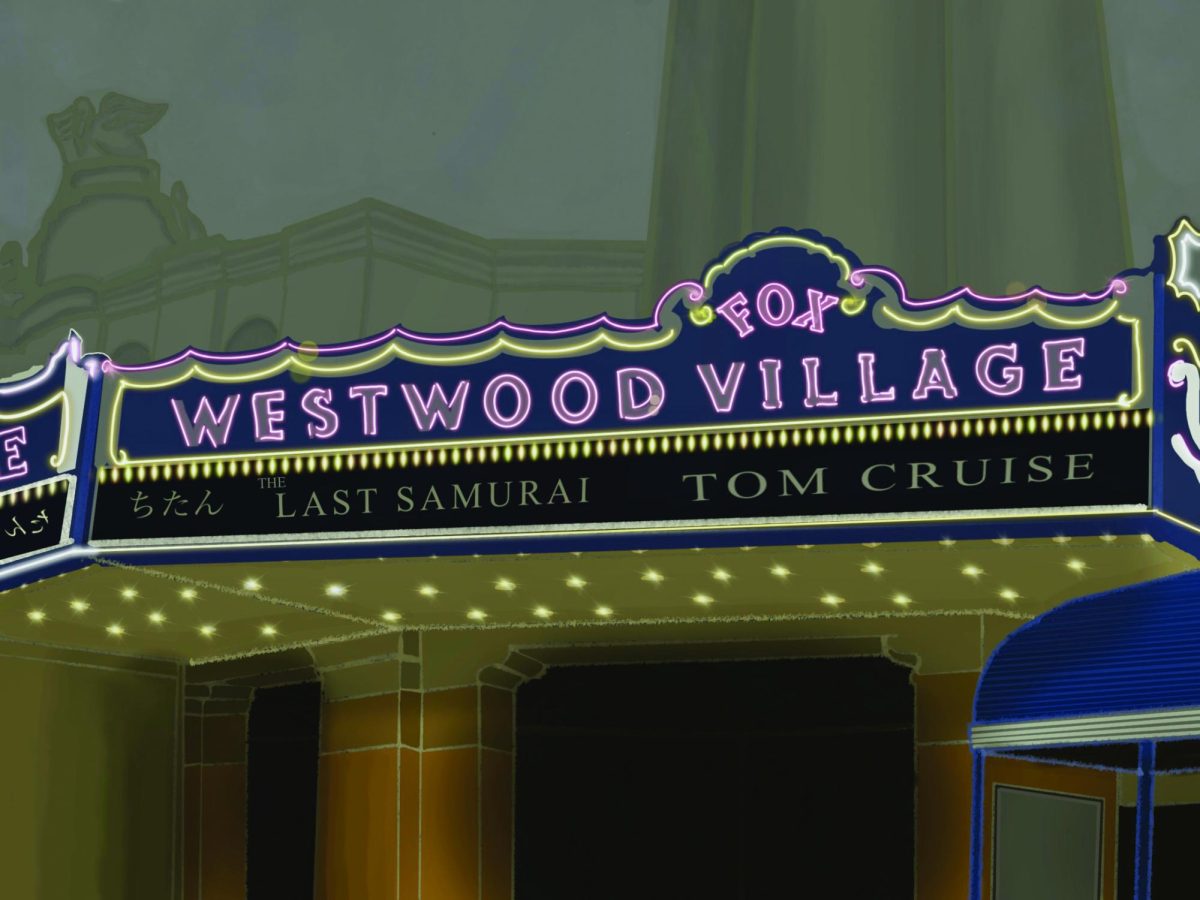
Over the past century, there has been a steady rise in the average age of Americans, particularly women, entering into their first marriages. In 1960, women married at the average age of 20. The average age jumped to 23 in 1990 and then to the historic high of 27 in 2010.
In this day and age, one’s young adult life is usually reserved for finishing college, slaving away at unpaid internships, going on bad dates, getting a first job, establishing oneself in the job market, and maybe, if there is still time after all of that, settling down and getting married before the big 3-0.
Those who choose to marry young, before they have reached any major life milestones or even before they have turned 20, are often faced with ridicule and skepticism from peers, parents and even teachers.
There are many causes for concern related to marrying young, not least of which is the relatively high rate of divorce compared to couples who marry later. According to a 2001 study conducted by the Centers for Disease Control and Prevention, 48% of those who marry at age 18 or younger will divorce within ten years, as opposed to 24% of those who marry after 25.
School Counselor Emily Vaughn said that one of the major impediments to the success of many young marriages is that neither spouse is a fully formed adult.
“The years from about 16 to 23 are when you are really establishing your independence and self-identity, and to have that identity so closely connected to another person before you have fully formed your own identity can cause problems later on in self-development,” Vaughn said.
Findings from the American Community Survey sponsored by the U.S. Census Bureau demonstrate the financial advantages that college-educated women reap from delaying marriage. For every four years that women remained unmarried after age 20, personal income increased by approximately $10,000.
Abigail ’18 says that she feels getting married as a teenager would pose a major obstacle to one’s academic and professional ambitions.
“It is like it causes a domino effect, like, if you get married, you probably won’t finish college, which means you can’t get a good job and probably won’t be making much money later on,” Abigail said.
Cecelia ’13 married her boyfriend of two years on Oct. 24, 2013, almost four months after her graduation from Marlborough School. Although she said that there were many people who strongly opposed her marriage, including her mother, she feels that there are many misconceptions about getting married young.
“[Young marriages] are really not as bad as everyone thinks they are. I mean you shouldn’t get married if you can’t see yourself being silly with that other person at 60, and I can,” Cecelia said.
Although she had enrolled at the University of California, Irvine, Cecelia, who started at the university in the summer as a sophomore (due to her Advanced Placement credits), left college soon after her wedding to move to her husband’s hometown of Pittsburgh.
She is currently applying to universities in the larger Pittsburgh area and hopes to resume her undergraduate education this summer.
While acknowledging that getting married at a young age may not be right for everyone, Cecelia maintains that she made the best decision for herself and her relationship.
“I didn’t want to do [a] long distance [relationship] anymore. I didn’t want to be hopping around from person to person, so it felt like the thing to do…You have to be willing to put in a lot of work. A lot of people won’t agree, but it’s your life,” she said.









